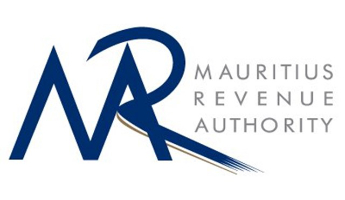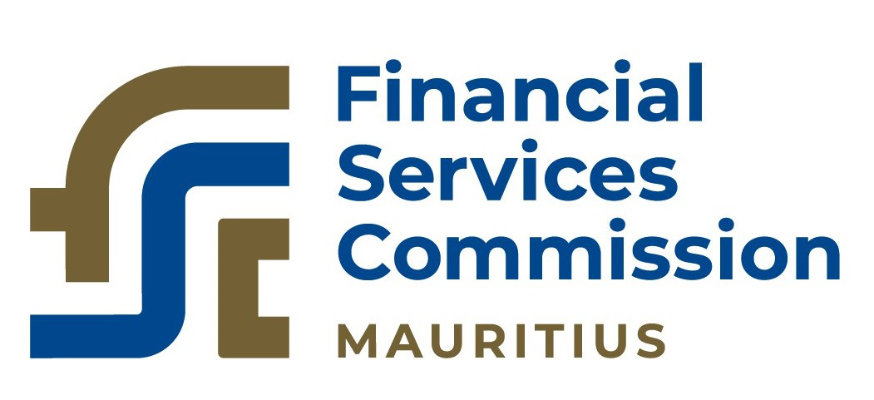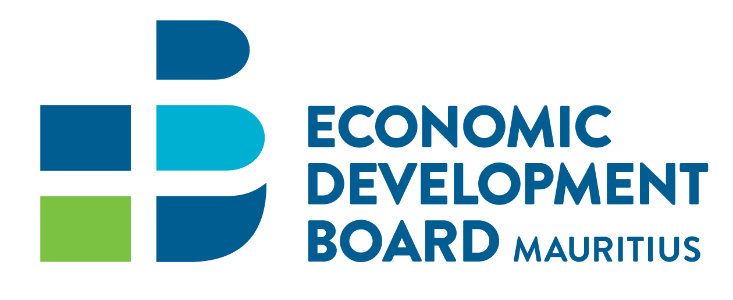Mauritius
A solid financial centre
With a financial system endorsed by the World Bank and IMF, Mauritius is more and more becoming a competent and resourceful international financial centre.
Mauritius has enjoyed substantial economic growth averaging 5% for the past two decades. The centre has a diversified economy and revenue streams which is based on tourism, textile manufacturing, agriculture, financial services and Information & Communication Technology.
The jurisdiction has carved a solid international reputation for the level of service of its qualified professionals, its user-friendly legislation governing companies and trusts, its fiscally attractive environment and for the quality of its regulation which is seen as firm but at the same time commercially friendly. It is recognized as a leading regional centre for investment holding and structuring given its network of attractive Double Taxation Agreements with several African, Asian and European countries.
The country’s adoption of international best business practices and sustainable development policies has been acknowledged by international agencies such as the Organisation for Economic Cooperation and Development (OCED), the Financial Action Task Force (FATF) and the World Bank (WB).
Attractive financial features of Mauritius
-
Stability
Sovereign, independent & politically stable with pleasant quality of life. Mauritius is also located in a strategic time zone (GMT + 4) and is equipped with state of the art telecommunication facilities. Furthermore, the country boasts of a large pool of graduates, qualified lawyers and accountants. Operational costs in Mauritius are fairly low.
-
Blooming Financial Sector
An efficiently regulated financial services centre committed to investors protection where confidentiality is guaranteed. The island also hosts well-established banking institutions and an international stock exchange.
-
Solid Judicial System
Mauritius has a hybrid legal system based on English and French laws and is a member of the COMESA, SADC and the Indian Ocean Rim Association for Regional Corporation
-
Tax
Mauritius provides a network of Double Taxation Agreements and has a no exchange control policy where profits can be freely repatriated.
Fiscal incentives of Mauritius
Low tax rates (0% – 15%)
No withholding tax on remittance of branch profits.
No withholding tax on interest, royalties and dividends.
Royalties, interest and service fees payable to foreign affiliates are allowable as expenses provided they are reasonable and correspond to actual expenses incurred.
Carry forward of losses limited to 5 years except for losses attributable to annual allowances.
No estate duty, inheritance or wealth taxes as well as well as no stamp duties, registration duties and levy.
Trusts can elect to be non–resident and be tax-exempt in Mauritius.
Zero rated Value Added Tax for global business transactions.
Offshore
With the liberalization of the foreign exchange controls, the global business incentives were introduced in Mauritius in 1992 and now the country is recognized as a leading regional financial centre.
Traditionally Mauritius relied on sugar, manufacturing and tourism but has now diversified into financial services, the fourth pillar of the economy, contributing 10% to the GDP.
Mauritius is ranked 13th overall on the ease of doing business in the Doing Business Report 2020, an annual publication of the World Bank and the IFC that benchmarks business regulation in 190 economies worldwide. As a tax planning jurisdiction, Mauritius has focused on the development of its Global Business Sector on the use of its growing network of 46 Double Taxation Avoidance Treaties (DTAs)
Mauritius has consolidated its position as the most competitive economy in Sub Saharan Africa ahead of other countries such as Rwanda (38), Morocco (53), Kenya (105), Botswana (87) and South Africa (84).
The expanding network of the DTAs reinforces the seriousness of Mauritius as a tax efficient jurisdiction for structuring investment abroad in the Global Business sector. Mauritius has a sound and effective regulatory and legislative framework based on “International best practice principle”. It guarantees confidentiality to legitimate businesses through statutory provisions and customary laws. The regulatory body of the Global Business sector is the Financial Services Commission (FSC), which also regulates, monitors and supervises all non-banking financial activities such as Global Business activities.
Finance is our business
At Antrix Corporate Solutions, we offer a wide range of products and services to cater for all your financial needs.
Mauritius Legal & Financial Framework
Mauritius models on the Westminster style democracy with separation of powers between the executive, the legislative and the judiciary.
The Prime Minister is the Head of Government and has full executive powers whereas the President is the Head of State. Members of Parliament are elected every five years by popular vote.
Mauritius is a politically stable country and it models on the Westminster style democracy with separation of powers between the executive, the legislative & the judiciary.





